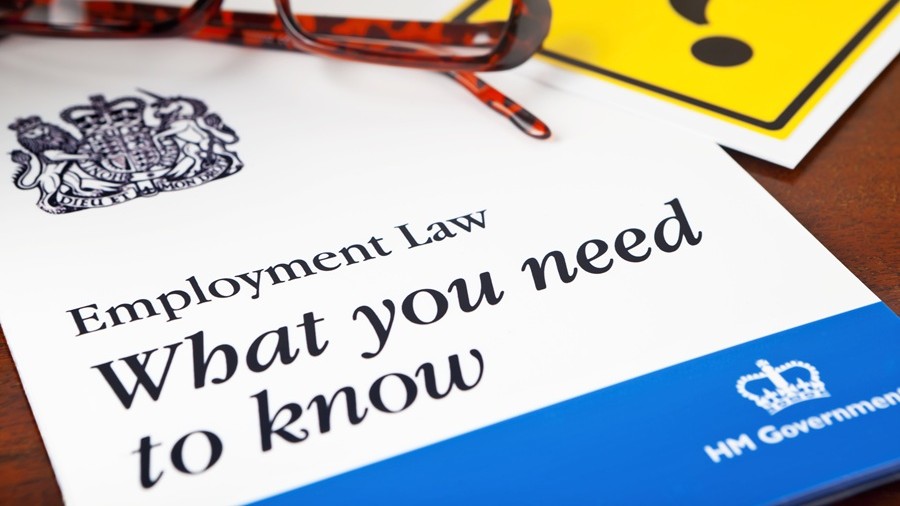Don’t let Christmas spirits land you in the dock
The height of the festive season brings celebrations, parties and plenty of festive travel. It also coincides with Police Scotland’s annual Festive Drink & Drug Drive Campaign, which is currently…
READ MORE




